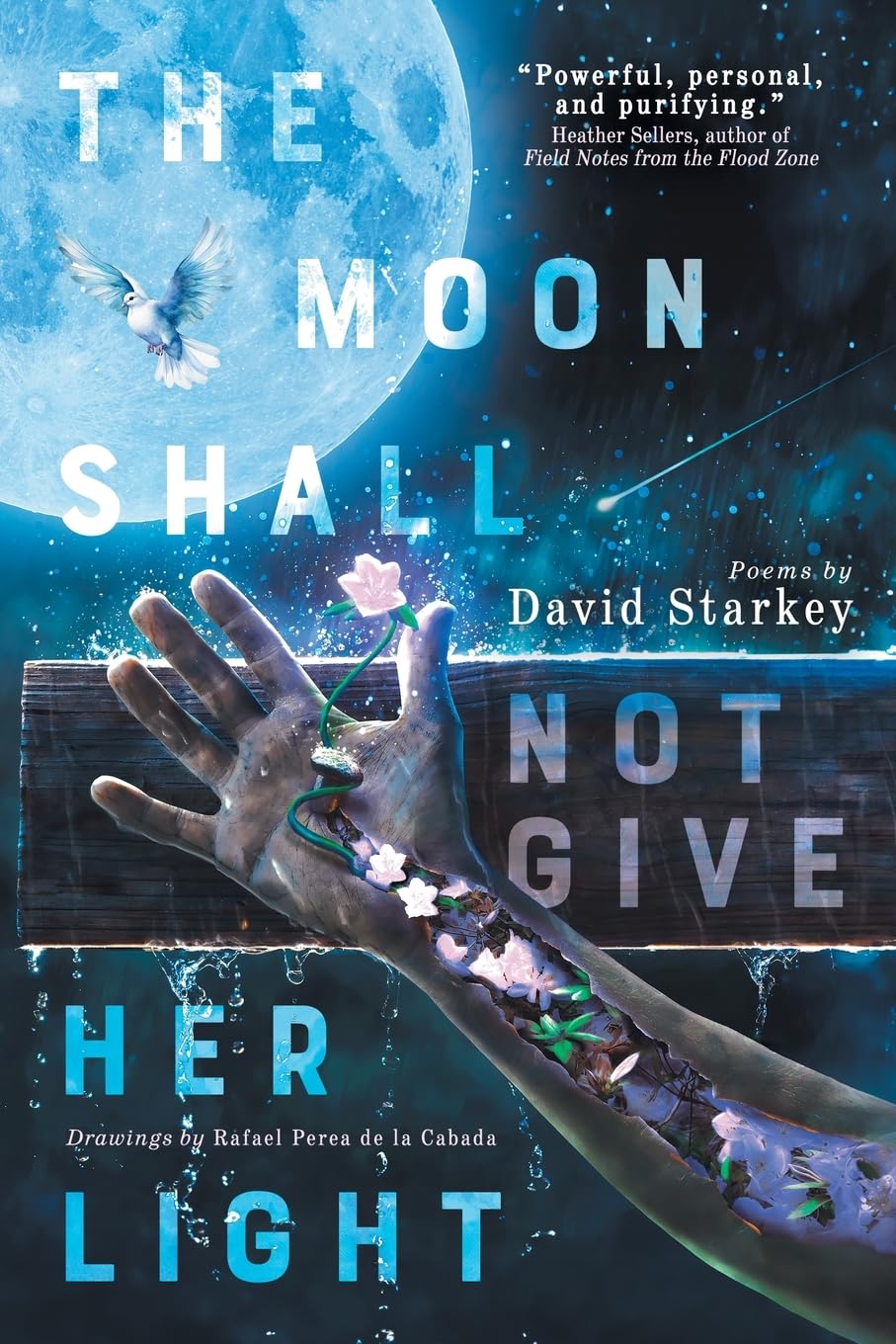David Starkey Book Launch at Voice Gallery
**Events may have been canceled or postponed. Please contact the venue to confirm the event.
Date & Time
Thu, Mar 06 6:30 PM - 7:30 PM
Address (map)
La Cumbre Plaza, 110 S. Hope Avenue, unit H-124, Santa Barbara, CA 93105
Venue
Voice Gallery
David Starkey will read from his new book of poems, The Moon Shall Not Give Her Light, which features 12 conté crayon drawings by Rafael Perea de la Cabada. Sponsored by Brian K. O’Connor, the event will feature all of Perea’s drawings, which will be available for purchase.

